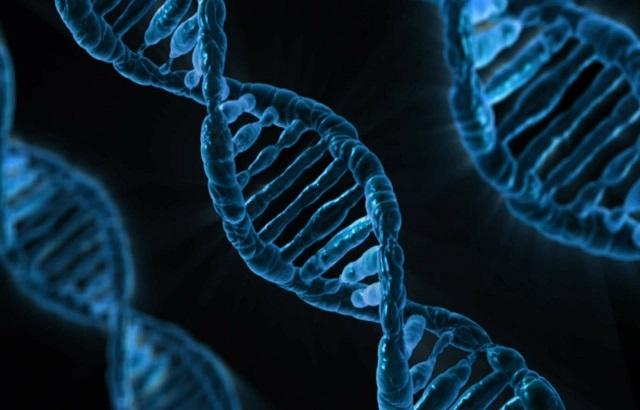New Epigenetics Hub set to advance early disease detection
A £3m collaboration between researchers at Queen Mary University of London and Barts Health NHS Trust will investigate how the marks on DNA in blood can be used to detect disease at an early stage. The initiative is co-led by the Barts Cancer Institute's Dr Gabriella Ficz and the Blizzard Institute's Dr Miguel Branco.
Epigenetics is the study of how a person's environment changes the way thier genes work. This happens when chemical tags are added to DNA, causing the genes to be switched on and off. This process helps determine what function different cells will have. It also plays a role in certain diseases.
The new Epigenetics Hub, funded by Barts Charity, brings together Queen Mary University of London and Barts Health NHS Trust's world-leading expertise in epigenetics and artificial intelligence. It aims to unlock the epigenetic information given by fragments of DNA circulating in our blood, known as cell-free DNA. Detecting these fragments through ‘liquid biopsies’ – a simple and cost-effective blood test – could help with earlier diagnosis for conditions such as cardiovascular, kidney and liver disease, cancer, ageing, and complications in pregnancy.

Queen Mary has one of the UK’s largest and internationally recognised epigenetics research communities. This investment will allow for further recruitment of world-leading experts in epigenetic cell-free DNA analysis, machine learning/artificial intelligence research, and to gain access to the latest technologies and equipment for studying epigenetic information in cell-free DNA.
A pilot study involving patients from Barts Health NHS Trust will explore how epigenetic biomarkers impact on pregnancy complications such as pre-eclampsia, a complication suffered disproportionately by women in East London. The study could uncover information that could predict pregnancy outcomes and help earlier diagnosis.

Dr Gabriella Ficz, Reader in Molecular Biology and Epigenetics at Barts Cancer Institute said: “The aim is to identify high-risk patients who would progress from pre-clinical to malignant cancer, pregnancy-related complications or cardiovascular conditions, and prioritise clinical intervention in these patients. By bringing together groups of experts such as clinicians, experts in epigenetics and AI researchers, we hope to accelerate the development of novel disease detection tools in a wide range of conditions”.

Dr Miguel Branco, Reader in Genome Regulation at the Blizard Institute said: "There is a large need for accurate, simple and equitable solutions for diagnosing diseases early, especially in contexts where this can make all the difference for how effective treatment is. We want to help meet this need by tapping into epigenetic information that is released from diseased cells into the bloodstream, making it readily detectable.
Fiona Miller Smith, CEO at Barts Charity said: “We are proud to support this programme of epigenetics research that will help experts at Queen Mary and Barts Health to develop new tools that could revolutionise diagnostics across a wide range of conditions and contexts. Importantly, their work will take into account the diverse and often under-represented backgrounds in East London, helping to improve the lives of our local population.”
The Epigenetics Hub will work with Queen Mary’s Digital Environment Research Institute (DERI) to provide machine learning/ artificial intelligence support, and the Precision Health University Research Institute (PHURI) to support the implementation of the pilot study into pre-eclampsia in pregnancy.
Category: General News, Grants & Awards

No comments yet